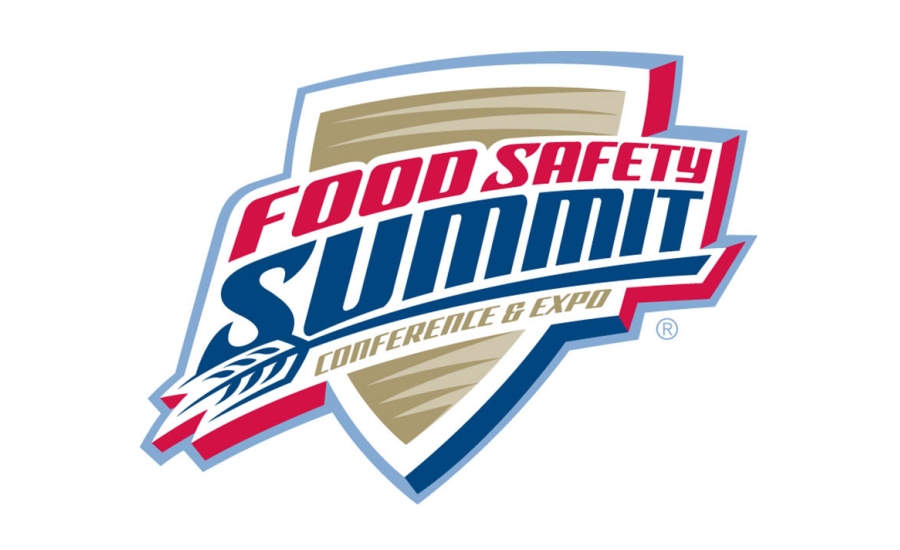Food Safety Summit - Difficult-to-inactivate microorganisms: challenges and strategies

Food safety professionals have always been faced with “difficult to inactivate” pathogens, most of which have provided the motivation for the historical development of food processing technologies ranging from commercial sterilization to ionizing radiation. Advances in science have provided explanations for why these microbes are difficult to inactivate, but also conditions that make otherwise sensitive organisms more difficult to kill. The purpose of this session is to identify which microbes can be classified as “difficult to inactivate;” what general features make them so; what conditions contribute to making pathogens more difficult to inactivate; and current and emerging best practices for their removal and inactivation.
The audience will gain a better understanding of the importance and challenges associated with controlling certain viruses (e.g., norovirus and hepatitis A virus), bacteria (e.g., spore-formers and Listeria monocytogenes) and parasitic protozoa (e.g., Toxoplasma gondii, Cyclospora cayetanensis) that are otherwise recalcitrant to many methods commonly used by the food industry, and conditions (e.g., biofilms, internalization) that promote persistence and resistance.
After completing this session, the participant will learn: Biological and chemical features responsible for making some foodborne pathogens difficult-to-inactivate; Environmental/behavioral features that promote foodborne pathogen persistence and resistance; Real-world examples of how difficult-to-inactivate organisms and conditions cause problems in food production, processing, and/or retail environments; Current best practices for managing difficult-to-inactivate pathogens and conditions, and how well those practices work; and Emerging approaches/technologies.
This session will be held on Wednesday, May 8 from 4:15 – 5:30 pm at the Food Safety Summit. Panelists will include Alvin Lee, director, Center for Processing Innovation, Institute for Food Safety and Health, Illinois Institute of Technology and Chip Manuel, Ph.D., retail food safety lead-North America, Diversey. The session will be moderated by Lee-Ann Jaykus, Ph.D., William Neal Reynolds Distinguished professor, department of Food, Bioprocessing, and Nutrition, North Carolina State University.
More information:
- For a complete list of all 2019 Food Safety Summit sessions, see the Food Safety Summit agenda
- To register for the Food Safety Summit, click here
Looking for a reprint of this article?
From high-res PDFs to custom plaques, order your copy today!




